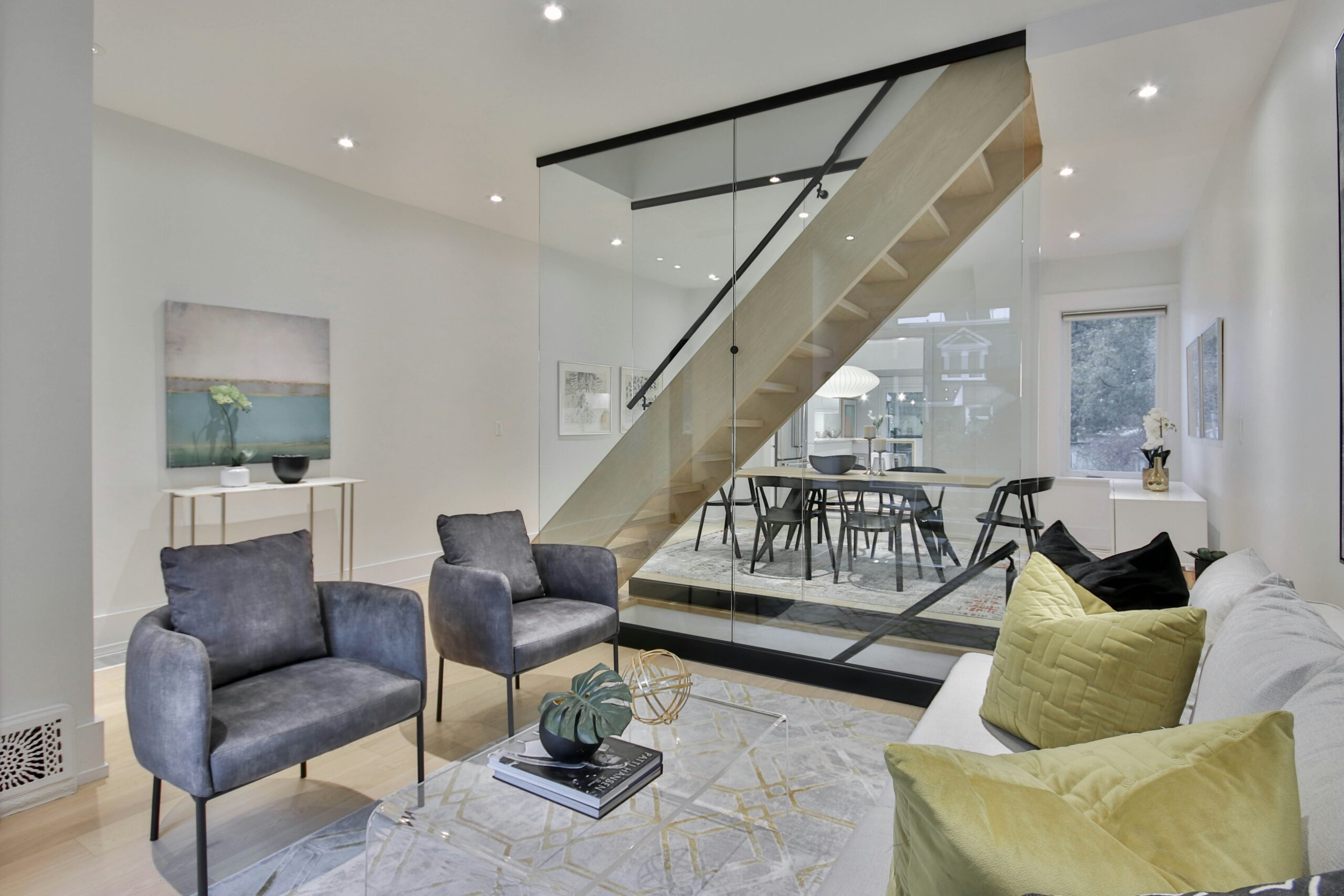Real estate legalization in Ulcinj
Navigate informal or “illegal” buildings in Montenegro with a structured legalization strategy. The ekosphere network in Ulcinj combines cadastral checks, DUP/UTU review, engineering input and legal assessment so your property becomes a fully documented, marketable asset. Use this page as your briefing and request a legality & risk audit via our Ulcinj consulting form on Montenegro-Listings.me or connect with ekosphere.





